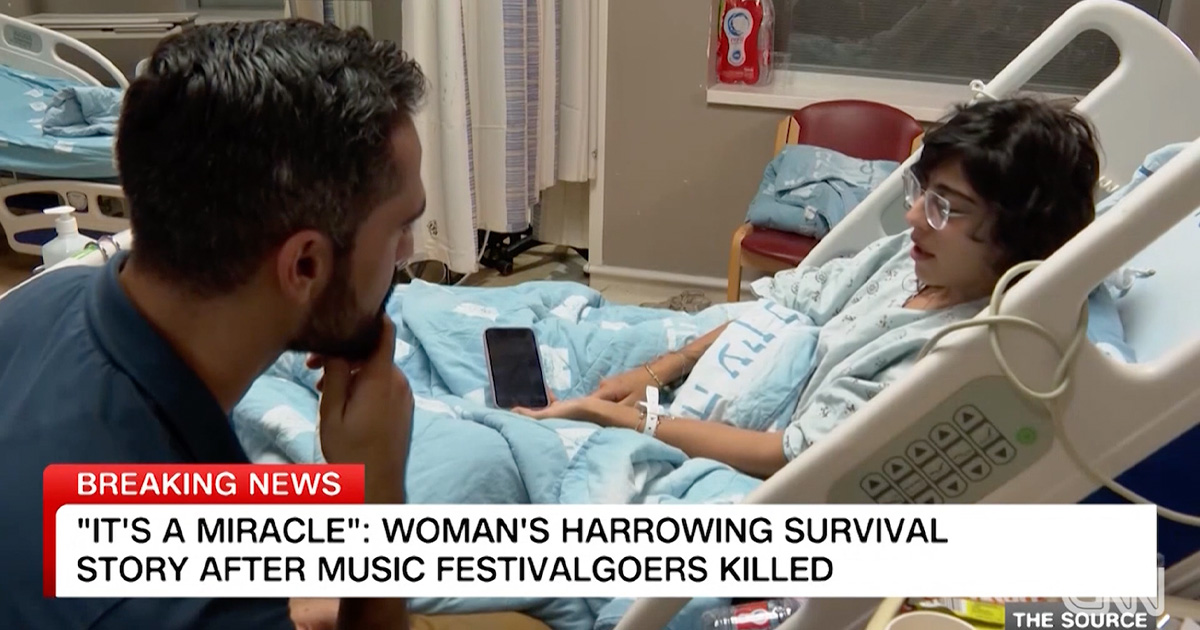Mural in Milan Honoring Shiri Bibas and Her Sons Defaced Amid Rising Tensions
Weekly update on international events surrounding art and cultural expression.
Destruction of a Tribute
In a somber turn of events, a mural in Milan, Italy, dedicated to the memory of Shiri Bibas and her two young sons, Ariel and Kfir, has been destroyed following a series of vandalism incidents. The mural, located outside the Qatari consulate, was created as a tribute to the victims of the tragic October 7, 2023 Hamas attacks.
Reports confirm that the Star of David, a symbol of Jewish identity and heritage, was removed from the artwork, and Bibas’s face suffered significant damage. The vandalism represents a deliberate attempt to obscure the tragic narrative of three innocent lives lost to violence.
Artist’s Perspective
Renowned artist AleXsandro Palombo, who created the mural, expressed his outrage over the act of vandalism. In an interview with Fox News Digital, he characterized the perpetrators as “cowards who hate the West and our freedom.”
Palombo further explained, “Removing the Star of David and damaging Shiri’s face is an attempt to erase history and impose an ideology against democratic coexistence.” These sentiments reflect a broader concern regarding the safety and acceptance of Jewish communities in Europe.
A Memorial Marked by Controversy
The memorial service, which took place before the mural’s defacement, saw the tribute covered with a print by Vancouver artist iHeart. This obscured the original mural while displaying a “No War” message alongside a red bull’s-eye symbol. This modification has drawn mixed reactions and raised questions about artistic integrity versus the desire for peace.
Palombo labeled the act of modifying the mural as “antisemitic.” He stated that “striking the Israeli flag protecting the children signals that no place is safe for Jews in Europe.” This commentary brings to light ongoing debates about freedom of expression versus hate speech and ideological impositions.
The Implications of Vandalism
The damage inflicted upon Shiri Bibas’s likeness, along with her children’s representations, serves as a stark reminder of the hate that often accompanies artistic expression. As Palombo articulated, “the flag was not just a protective cloak; it signified identity and also exposed them to hatred.” This commentary is symptomatic of a greater issue facing communities around the globe: the need for safe spaces that honor cultural identities.
Response and Future of the Mural
As news spread of the mural’s defacement, Palombo learned of the act through social media, igniting conversations about the responsibility of artists and the impact of cultural vandalism. “I will continue with my art without stepping back, as each erasure is an opportunity to reaffirm our identity,” he stated, reinforcing his commitment to using art as a form of resilience and expression.
However, the fate of the mural remains uncertain, with discussions ongoing about whether it will be restored or transformed in light of the recent events.
A Commitment to Art
Palombo’s dedication to art as a vehicle for remembrance and identity is not isolated to this mural. His previous works, which honor Holocaust survivors, have similarly faced destruction, reflecting an unsettling trend of targeting artistic expressions that provoke thought about history and identity.
“Free, present, and determined, I will not retreat before fanaticism and radicalism,” Palombo asserted, encapsulating the courage required to confront such cultural challenges. His resolve highlights the vital role of artists in society as they navigate the complex intersections of identity, memory, and freedom of expression.
